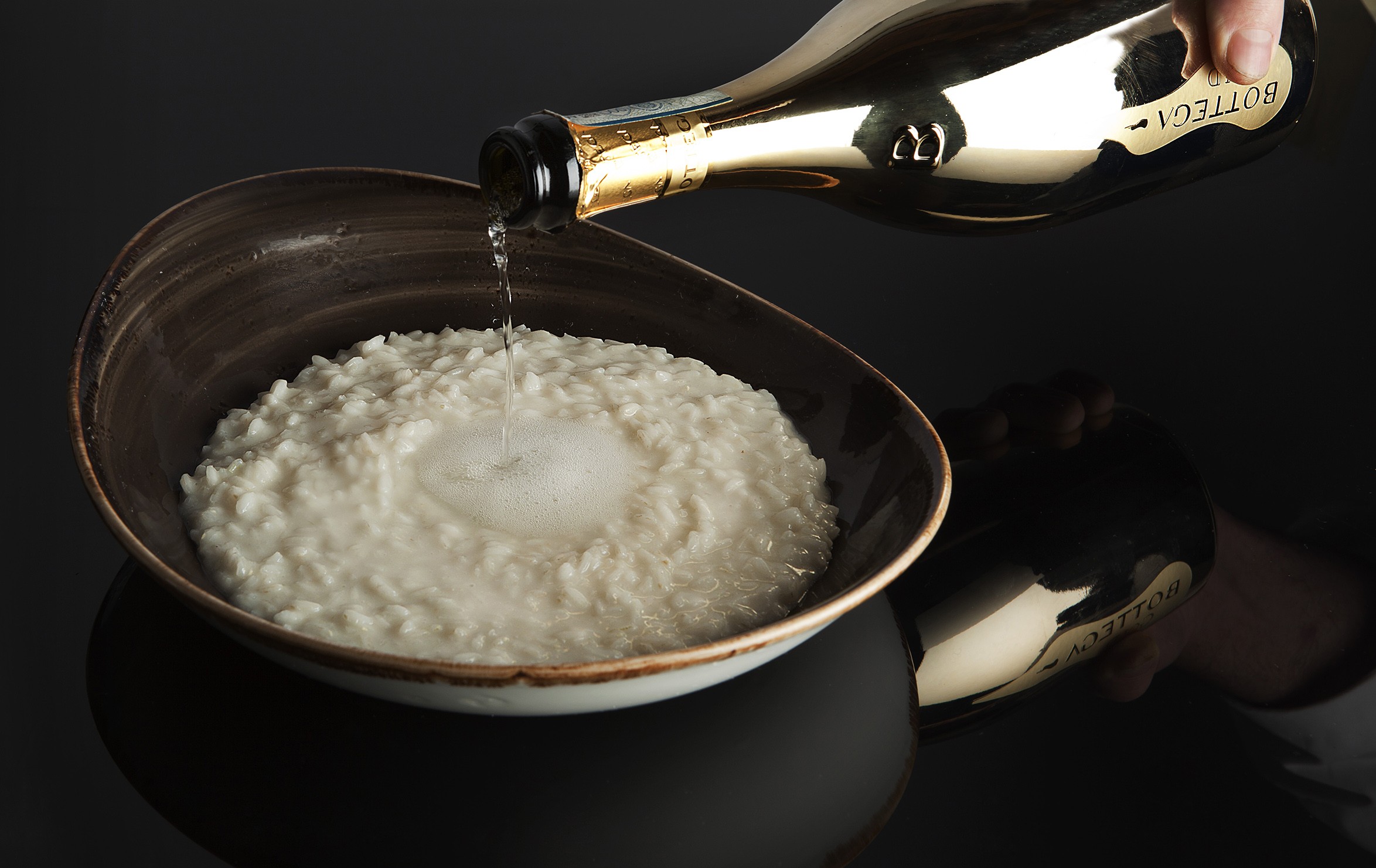Would you give your children alcohol?
A new campaign has been launched discouraging parents from giving their children a sip of wine, criticising the belief that it will help to remove the novelty of alcohol when they are older and encourage responsible consumption.
The campaign, by UK alcohol awareness charity Balance, is called What’s the Harm, and aims to persuade parents not to give their children alcohol, claiming a taste of alcohol early on can actually encourage binge drinking and alcohol dependence later on.
They claim their studies dispel the myth that letting children taste alcohol under supervision reduces the chances of them growing up to have problems with alcohol.
“When parents don’t allow their children (aged 11-15) to drink 87% choose not to drink,” the campaign states. “But, children whose parents allow them to drink are four times more likely to be a risky drinker than those whose parents don’t allow it.”
Furthermore, it says countries where underage drinking with family is common, such as France, should not be held up as an example to follow, with France having a higher level of alcohol consumption and higher rates of binge drinking than the UK. France also has twice the rate of alcohol dependence than the UK, according to the charity.
According to Balance, it is healthiest for children to drink nothing before they are 18, and especially important they don’t consume alcohol under the age of 15.
Despite this, in the UK it is perfectly legal for young people aged 16 or 17 to drink beer, wine or cider in a restaurant with a meal if it is bought by an adult and they are accompanied by an adult.
Partner Content
Last year, researchers from the Centre for Longitudinal Studies at the UCL Institute of Education, and Pennsylvania State University, concluded that one in six parents allow their children to drink alcohol by the age of 14, with the aim of teaching them to drink responsibly.
A survey by Balance found that 43% of adults believe children should try alcohol before 15, despite evidence suggesting this can increase the chances of alcohol reliance in later life.
As reported by The Guardian, Colin Shevills, director of alcohol awareness charity Balance, said: “Parents have a right to know about all of the alcohol harms which children face if they drink. Every parent wants the best for their child and we know it can be hard knowing what is the right thing to do around alcohol.
“However, we know from speaking to north-east parents there’s a myth that providing alcohol at a young age makes children less curious, when in fact it can be a trigger for drinking.”
Do you agree? Leave a comment below.





Ican prove anything with statistics except the truth – George Canning 1798. I feel the data gathering technique is possibly let me suggest Unbalanced.
“When parents don’t allow their children (aged 11-15) to drink 87% choose not to drink,” the campaign states. “But, children whose parents allow them to drink are four times more likely to be a risky drinker than those whose parents don’t allow it.”
There may be more rigour to the research and more logic to the conclusions than can be conveyed in a brief article – and who doesn’t want their children to be safe – but my head is spinning at the number of ways that the above can be questioned as an argument.
(Disclaimer: I’m biased – my five-year-old is pretty good at picking out fruit aromas when she sniffs my wine – but equally, as an accountant who’s studied logic, I would need a lot more information before I could take anything meaningful from “their studies”. I shall however be following up with Balance, as I’m interested in the topic, for obvious reasons.)
Another example of the Nanny State at work. Many generations have allowed their children to taste small quantities of alcohol as they grow up. A natural process and so drinking is not regarded as something that only adults are allowed to do. And as those children become adults they can make their own minds up about their view on alcohol consumption. Not have to be told by some well meaning American Study Group what is good for them.
yes I would